Western Bulk Herbs – Poke Root
Poke root is to overcome the symptoms of colds, flu, sore throat, mastitis, or tonsillitis as a treatment, not prevention. You can also use it to treat skin inflamed by eczema or psoriasis up to 3 times a day for up to 2 weeks. Use of poke root to treat lymphedema, testicular inflammation, or ovarian pain, or as an alternative (Tending to restore to normal health) for cancer, should be medically supervised.
Latin Name:
Phytolacca decandra
Common Names:
Phytolacca americana, Pokeroot, American Poke, Pokeweed, Inkberry, and Pigeon Berry.
Parts Used:
Root
Properties:
Phytolaccic acid has been obtained from the berries, and tannin. In the root a non-reducing sugar, formic acid, and a small percentage of bitter resin have been found. The alkaloid Phytolaccin may be present in small quantities, but it has not been proved. A resinoid substance is called phytolaccin. The virtues are extracted by alcohol, diluted alcohol, and water. The powder is said to be sternutatory
Traditional Uses:
Usually used as a tincture in a dosage of one drop (that’s right, one drop) per day. Do not overdose. Most often found in topical applications like creams, ointments, and oils.
Chemical Properties:
Primarily jagilonic acid (diuretic), oleanolic acid (antibacterial, antiviral, anti-inflammatory), tannins. According to herbalist Todd Caldecott, also contains betalain type alkaloids (betanidine, betanine, isobetanine, isobetanidine, isoprebetanine, phytolaccine, prenetanine), triterpene saponins (phytolaccosides A-1, D2, O and associated aglycones), and at last five immunostimulant, cysteine-rich glycoprotein lectins also known as pokeweed mitogens (PWM) Pa1 through Pa5. Other constituents include genins (esculentic acid and phytolaccagenic acid), histamine (accounting for its anti-allergy effects), GABA, isomamericanin A, PAP (pokeweed antiviral protein), spinasterol, sterols, starch, saccharose, and potassium salts.
Folk Lore:
After the Civil War, poke root was more commonly used internally as an “alterative” (a substance that favorably alters the course of an illness) for arthritis and skin conditions. Poke root was widely believed to relieve constipation, and it was used to induce vomiting to treat certain kinds of poisoning.
In the 1890s, a Dr. W. W. Baxter even made one of the first “diet pills” from pokeberries. Scientists continue to search for new uses for this potent herb: Pokeweed antiviral protein shuts down the ribosomal “energy generators” in cells infected by HIV. Phytolacca mitogens stimulate the production of B and T cells by the immune system. They also, however, increase sensitivity to the lectins of foods. The triterpene saponins in poke root have been shown to counteract swelling and edema caused by acute allergic response. Mountain Rose Herb
Cautions:
Poke root is safe for herbal use. Poke leaf is not. Consumption of poke leaves can cause gastroenteritis with intense vomiting and frothy diarrhea.
*Disclaimer: These statements have not been evaluated by the Food and Drug Administration. This product is not intended to diagnose, treat, cure or prevent any disease.
Resources:
PDR for Herbal Medicines, 2000. Medical Economics Company, Montvale, New Jersey.
The New Holistic Herbal, David Hoffmann, 1990. Barnes and Noble Books, New York.
A Modern Herbal, Mrs. M. Grieve, (Dover Publications, New York, 1971)
Major Herbs of Ayurvedic, Compiled by Dahur Research Foundation and Dahur Ayurvet Limited, Ghaziabad, India., 2002. Churchill Livingstone, London, England.
Chinese Herbal Medicine: Materia Medica, Third Edition, Dan Bensky and Andrew Gamble, 1986. Eastland Press, Seattle, WA.
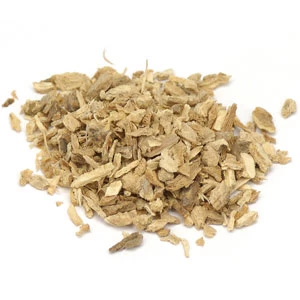
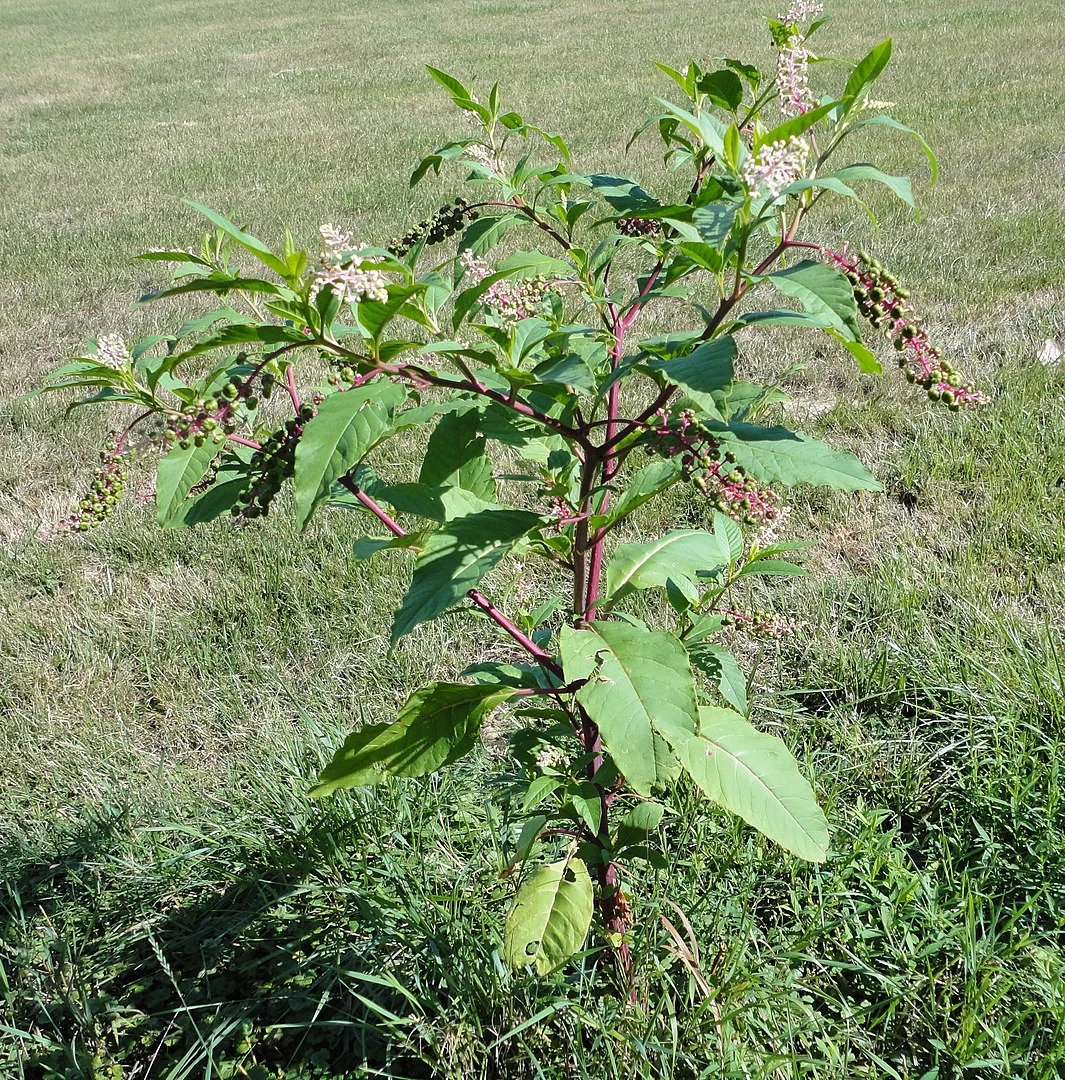
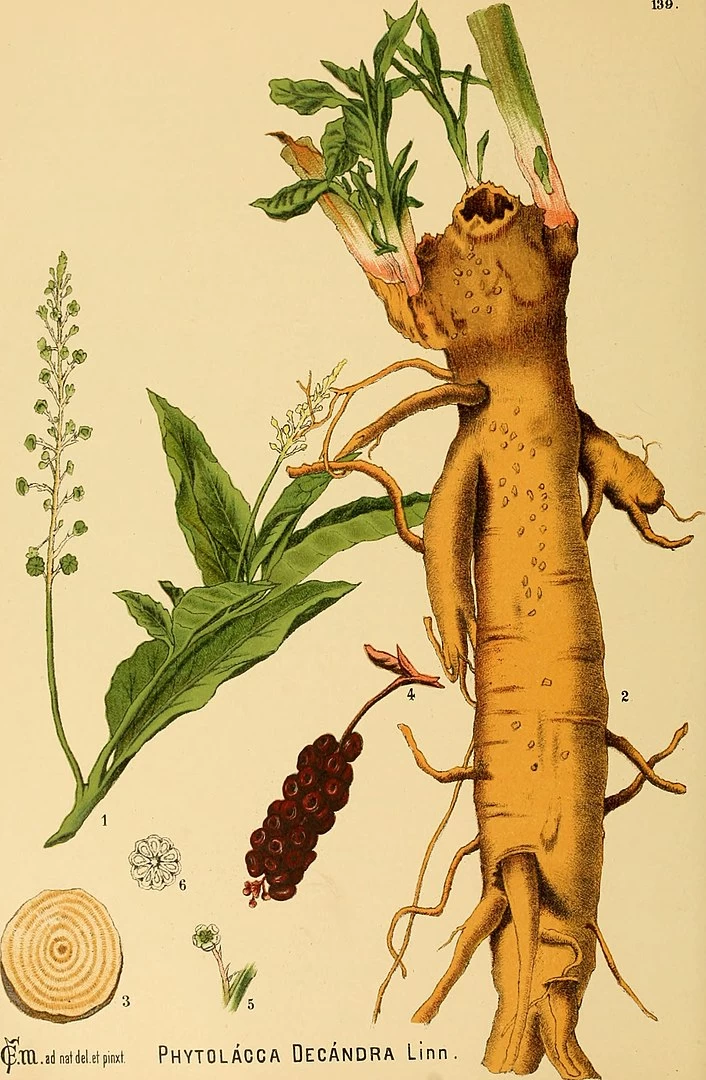
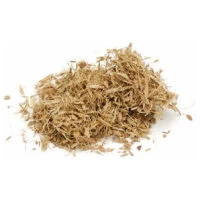
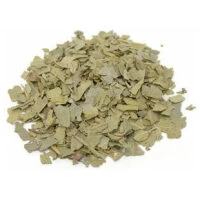
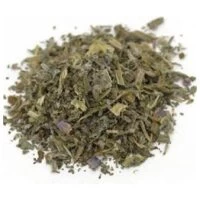
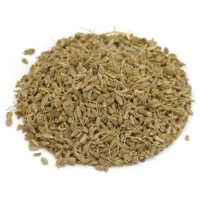
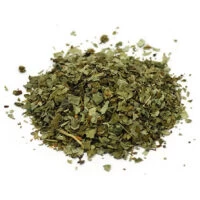
Reviews
There are no reviews yet.